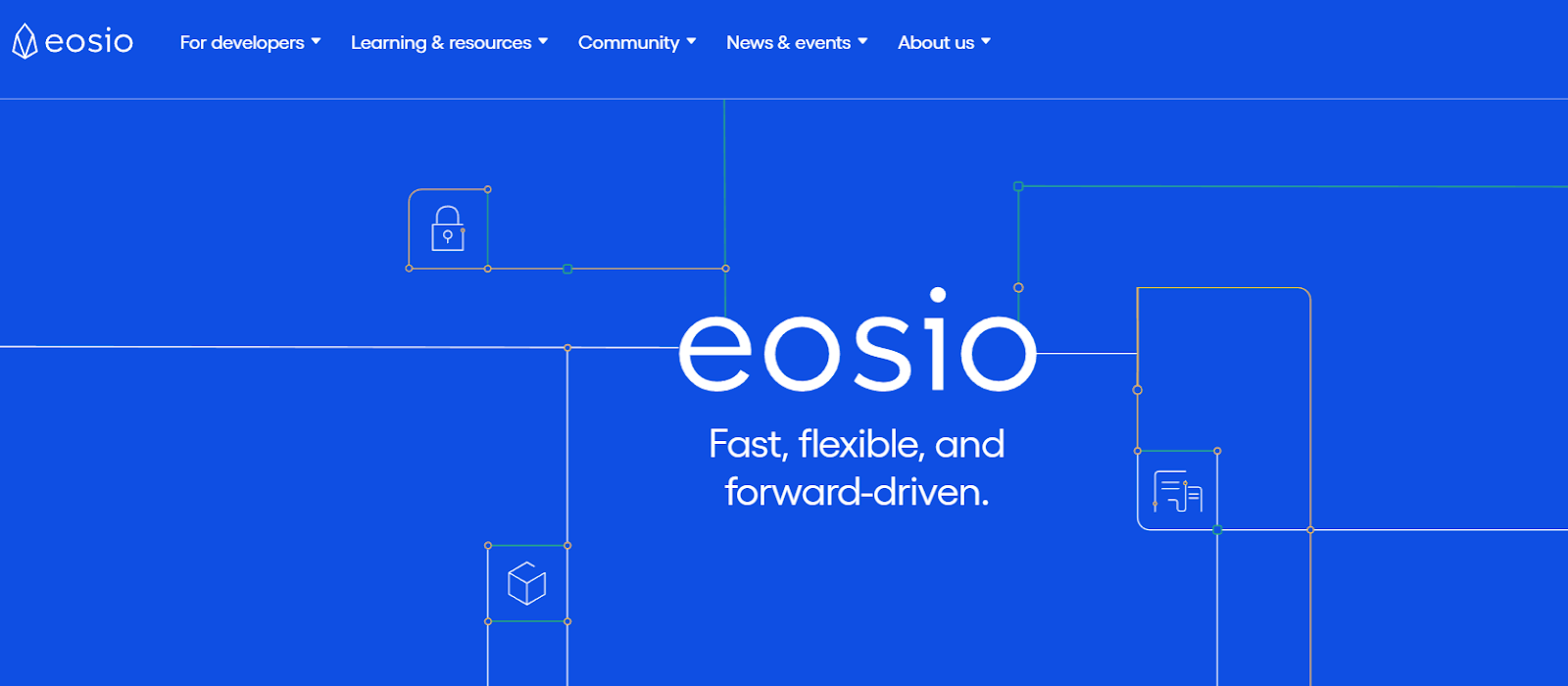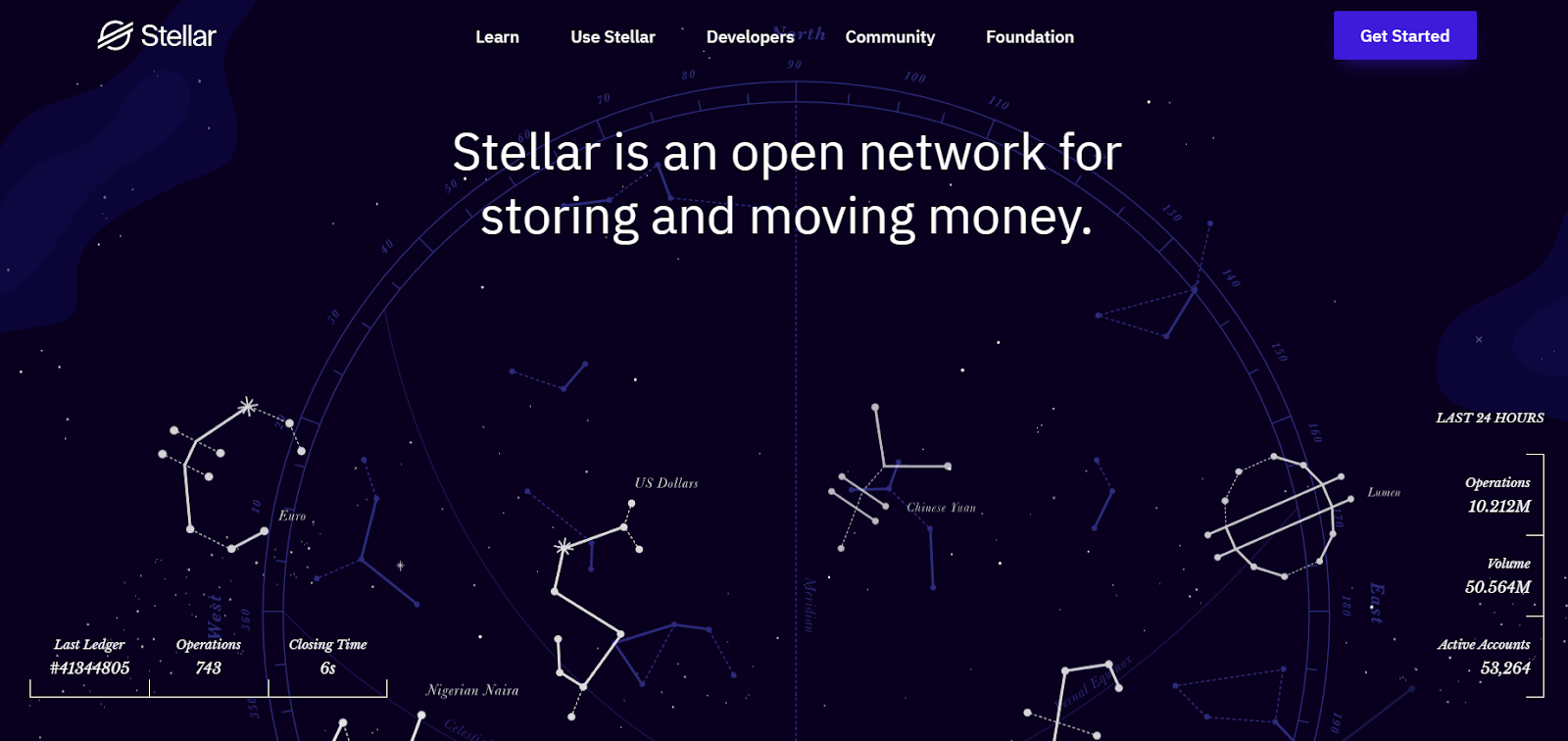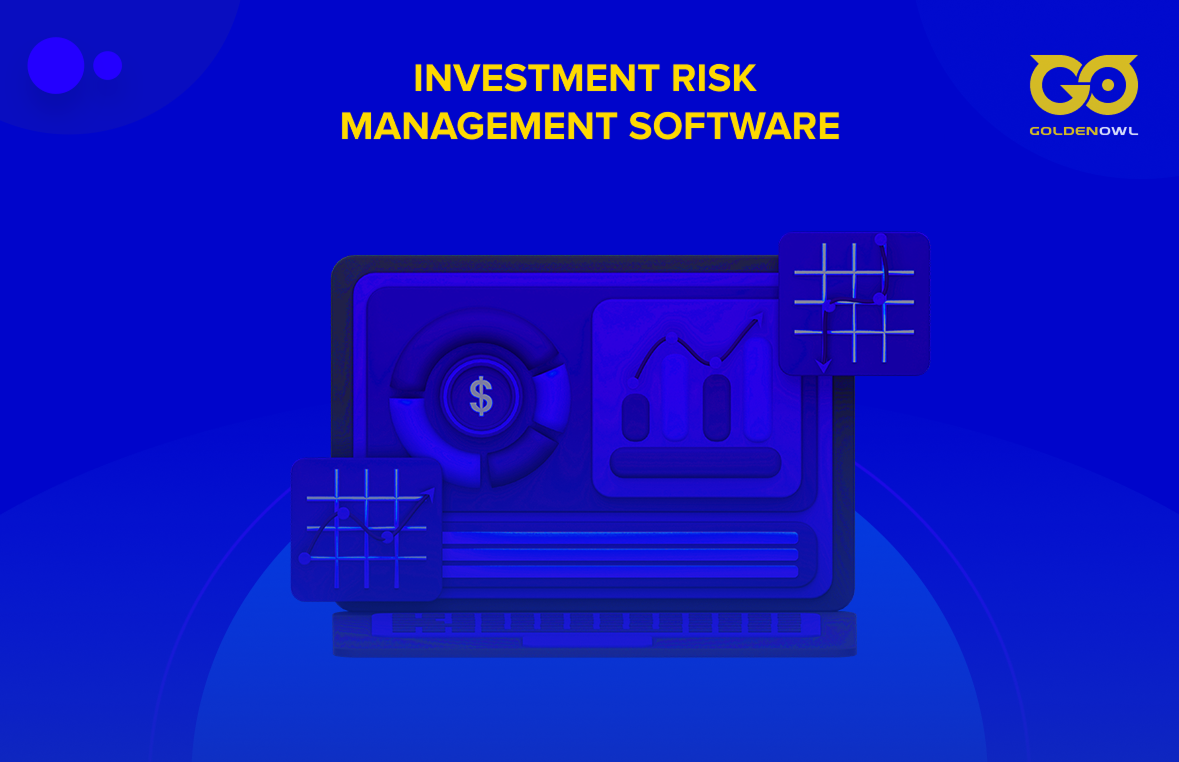If you've ever looked into cryptocurrencies, you've probably come across the term "smart contracts."
Smart contracts, or self-executing agreements, are available on several blockchain networks.
The beauty of smart contracts is that they can be defined and set up to run automatically without the assistance of a third party.
Several cryptocurrencies are leading the smart contract competence, but only the best will be able to eliminate additional complications and technological defects to keep the operations running.
In this article, we've compiled a list of the top 05 potential and popular smart contract platforms in 2022.
Table of content:
1. Etherum
2. Solana
3. Polkadot
4. EOS
5. Stellar
Ethereum (ETH)

Ethereum was the first cryptocurrency to support smart contracts. As a result, it is responsible for the majority of applications. According to State of the dApps, Ethereum hosts around 80% of DeFi apps.
Ethereum's success is largely due to its status as a pioneer in the smart contract space. The project developed itself as the finest and maybe only feasible option for smart contracts with the support of a dedicated and development-oriented team of brilliant programmers.
Standardization, security, and support are the most obvious advantages of Ethereum's smart contract platform. Deploying smart contracts and Dapps on the platform has proven to be rather simple because to elegantly written regulations, well defined development criteria, and its own coding language called Solidity.
Solana

Solana is a project aimed at resolving the blockchain trilemma and bringing scalability to smart contracts without jeopardizing their decentralization and security.
Interestingly, Solana has set a new record of 65,000 transactions per second. The Proof of History (PoH) consensus technique is the main enabler of such high throughput.
In other words, rather than being grouped together in blocks, each transaction is contained within its own block and serves as an input for the next transaction.
Ethereum, on the other hand, can do between 15 and 45 transactions per second. Furthermore, the average transaction cost on Solana is merely $0.008.
Solana, which is ranked 34th on the Coingecko leaderboard, is not nearly as popular as Ethereum or Polkadot. Nonetheless, it is home to a dApp ecosystem that includes a slew of in-demand DeFi and CeFi services.
Polkadot

While Solana is known for its speed, Polkadot is known for its interoperability (how well it works with other platforms).
The ex-CTO chose to establish his own blockchain network after discovering that ETH is nowhere near attaining its potential as a safe and scalable technology.
Polkadot's blockchain network is well-known for its capacity to support parachains. This implies the platform may operate several chains within a single blockchain, a capability known as sharding today.
Polkadot has grown in popularity among developers thanks to its software development kits (SDKs) and preset templates, as well as its support for a variety of computer languages, including JavaScript.
Polkadot is far too complicated to be summarized in a few paragraphs. Despite being quite new, the smart contract ecosystem has already risen to fifth position on cryptocurrency leaderboards.
EOS

EOS is a name that no one will ever forget. The blockchain network, despite its reputation for being highly centralized, continues to contend for the title of best smart contract environment.
With near-zero transaction costs and the ability to process multiple transactions in a second, it appeared to be the most promising of all the systems, which is crucial for smart contract execution.
To execute smart contracts, EOS uses WebAssembly (WASM), and to develop them, it uses C++. This makes onboarding new developers much easier for EOS because they are working in a familiar software environment.
EOS is a cryptocurrency designed for large-scale applications, making it the best of the smart contract platforms.
Stellar

In 2014, Jed McCaleb, who also happens to be one of the Ripple creators, developed Stellar. This is the only non-Turing complete platform in this list of smart contract platforms.
To put it another way, it's only suitable for basic smart contract use cases like initial coin offerings (ICOs) or simple escrow agreements.
Unlike Ethereum and Tezos, Stellar lacks a smart contract language and virtual machine of its own.
You may also use any of the most popular programming languages to create smart contracts on our top smart contract platform. As a result, the great majority of programmers will be able to use it.
The Stellar blockchain allows for quicker transactions and lower transaction fees than the Ethereum blockchain.
As a result, Stellar opens up new business opportunities. Stellar is used by IBM, for example, to make cross-border payments easier.
Conclusion
Smart contracts and cryptocurrency are an interesting combination. We have no idea how this market will grow. However, because transactions are getting increasingly costly, there is a huge demand for good smart contract ecosystems. As a result, these digital currencies have a strong chance of surviving and doing well in the long run.
Are you lọoking for the right technology to use to construct a smart contract for your business? Schedule a free consultation with our expert to find out!























